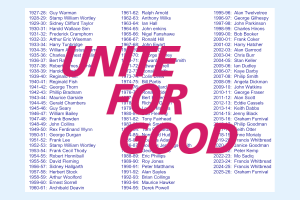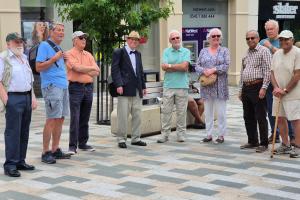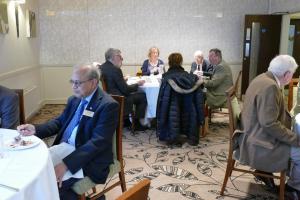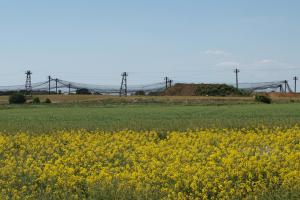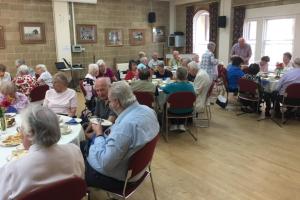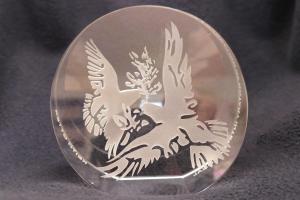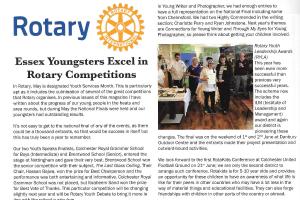President's Dinner
Thu, Jun 22nd 2023 at 6:30 pm - 9:00 pm
We meet at the Ivy Hill Hotel to celebrate Mo Sadiq's year as President

 Our President’s Dinner was held this evening to celebrate President Mo’s year in office. It was attended by many members, spouses and guests. On 1 July Mo hands over to 1st Vice President Francis Whitbread.
Our President’s Dinner was held this evening to celebrate President Mo’s year in office. It was attended by many members, spouses and guests. On 1 July Mo hands over to 1st Vice President Francis Whitbread.
We held the business part of the meeting after we had eaten. A new Honorary Member, David Monk, was welcomed to the Club. David is a well-known local broadcaster.
Our speaker was Steve Lester, who runs an auctioneers in Great Dunmow. He told us that there was no need to worry about inadvertently bidding for something in an auction room. Bidders had to register with the auction house in advance and signal their bids clearly. (There are, however, some people who do not wish others to know they are bidding and therefore have arrangements with some auctioneers that they will signal their bids more discreetly, eg by rubbing a lapel. David didn’t think there was much point in this as others in the room would realise they were bidding anyway.)
He reckoned that once people had experienced an auction they would often go back. He highly recommended attending the viewing days beforehand and buying one of the auction catalogues to assess the items on offer and decide on a maximum bid for any piece of interest. He warned against being carried away by enthusiasm for an item, which can lead to “auction fever”.
He told us about some of the unexpectedly valuable items he had auctioned over the years, including a Faberge piece from a lady’s writing set made in 1900. It was given to a lady’s maid as a wedding present by her British employer and eventually inherited by her daughter, who did not realise its value. It sold for £10,000.
Another interesting item was a 19th century writing table found in a vicar’s loft when he was moving prior to retiring. He had been given it by his father, who had treasured it and looked after it carefully. The new owner’s wife did not like it at all and kept it on the patio before insisting her husband get rid of it. He put it in the loft, where it was found 15 years later. By then it was in a terrible condition. However, Steve was prompted by a plaque on the table to investigate its background. He discovered it had been made by Chippendale in 1817 using wood from an elm tree from a small hill used by Wellington and his staff as a command post during the Battle of Waterloo. This made it very valuable even given its condition. It sold for £21,000.
'What We Do' Main Pages:
